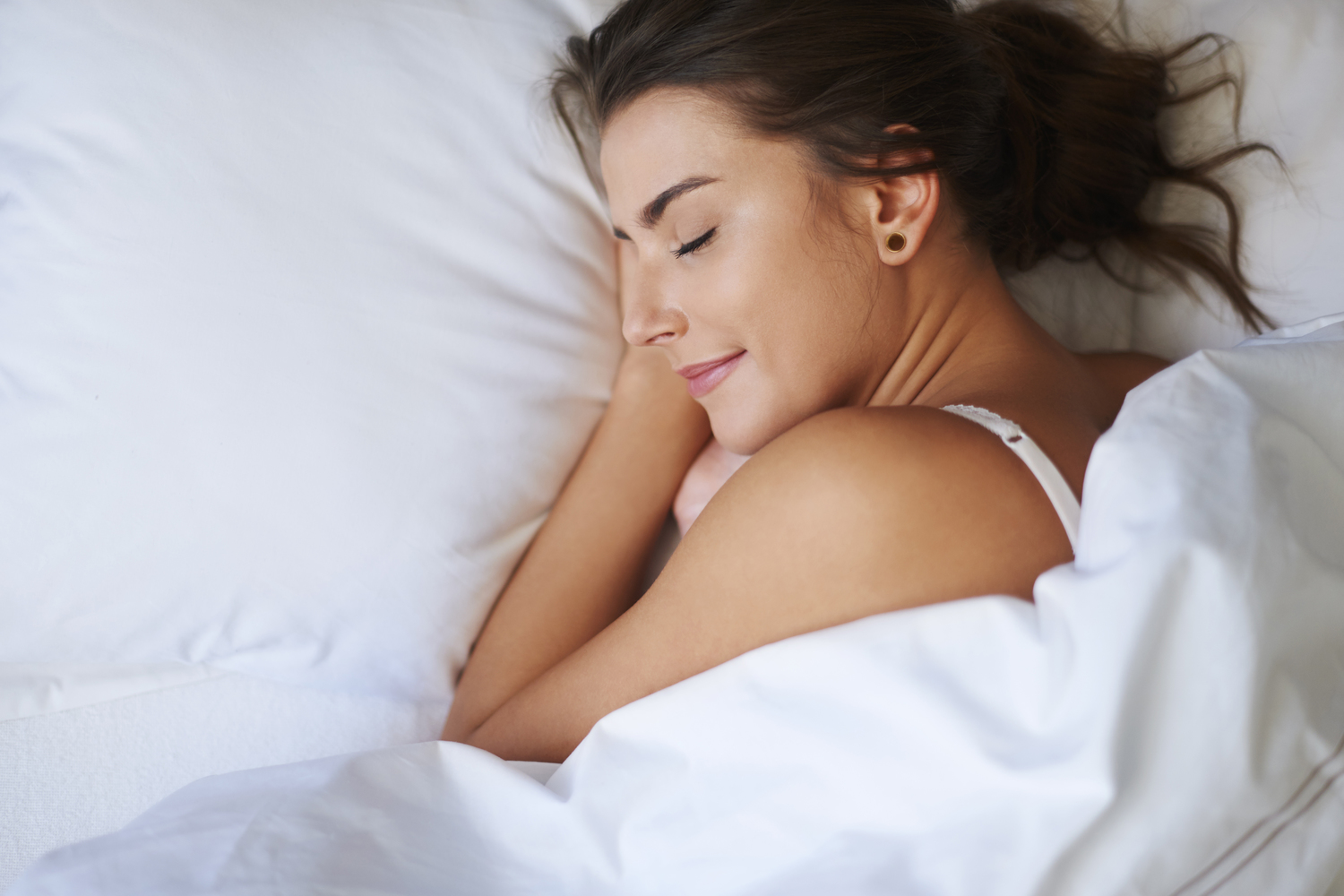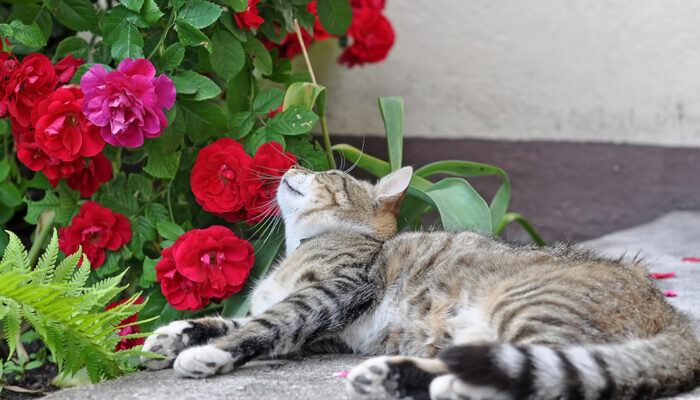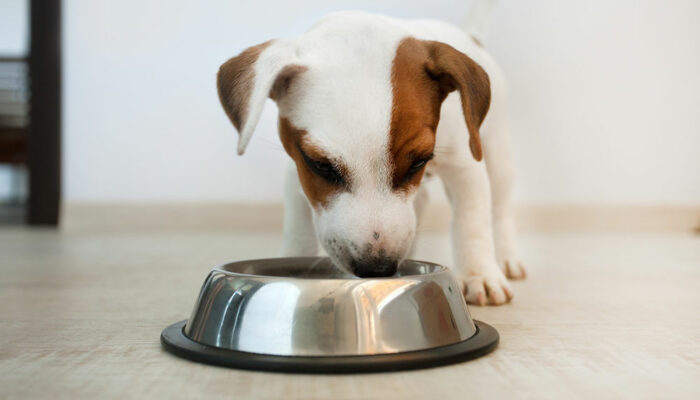
Tips for a Better Night’s Sleep
Research shows that getting an adequate amount of sleep is just as important as exercising when it comes to maintaining good health. Additional data has also shown that poor sleep quality can lead to negative effects on your productivity, brain function and hormone levels. In today’s post we take a look at some things to consider when it comes to having longer, quality sleep sessions:
1. Replace old mattresses
Most sleep experts suggest that you should change your mattress every 7-10 years. However, multiple factors can affect how often you should replace them such as how often you use it, rotate it, the number of people that sleep on it and more. Over time, the quality of your mattress can decline, leading to uncomfortable sleep sessions. Therefore, consider replacing your mattress.
2. Avoid caffeine and sugar late in the day
When it comes to getting better sleep, ensure that you avoid sugar and caffeine late in the evening. Alcohol is known to be packed with an abundance of sugar which will disrupt your sleep sessions. Additionally, stimulants such as caffeine and nicotine will keep you awake and make it harder for you to sleep. In fact, a study which was conducted in 2016, showed that people who have high sugar diets tend to demonstrate restlessness at night. A renowned sleep doctor by the name of Dr. Micheal Brues also proclaims that consuming sugary foods in the night, can cause blood sugar levels to rise. Once this occurs, the pancreas releases insulin which facilities the transportation of sugar into the cells, essentially giving them fuel to rage on. This is why you may struggle to fall asleep if you consume sugary dense foods too close to bedtime.
3. Establish a sleep routine
Most experts would agree, that you can eliminate most sleep problems by establishing and sticking to a regular sleep routine. By adhering to a sleep schedule, it can help to stabilize the body’s internal clock, which will help you to fall asleep faster.
4. Spend more time outside
A sleep apnea study which was published at WebMD demonstrated that spending more time outdoors, during the day, can lead to better quality sleep during the night. In fact, a team of researchers at the University Of Colorado also showed that camping outside can help to battle insomnia. They proclaimed that when you spend time outdoors, it helps to recalibrate your body’s natural circadian rhythm (internal clock). Scientists also believe that spending more time outdoors helps to encourage sleep, because we end up burning more calories and feel more tired at night time.
5. Remove electronic devices from the bedroom
One of the most effective things you can do is to remove electronics from the bedroom. Electronics can actually make it difficult for you to fall asleep. Besides the fact that devices such as smartphones, cause your brain to work continuously, making it difficult for it to relax which is a key part of falling asleep, electronic devices emit blue light as well. Blue light has been known to disrupt sleeping patterns and make it difficult to fall asleep. This is due to the fact that it can actually restrain our body’s ability to produce melatonin. Melatonin is regarded as being a sleep hormone which is responsible for controlling the body’s internal sleep clock.



